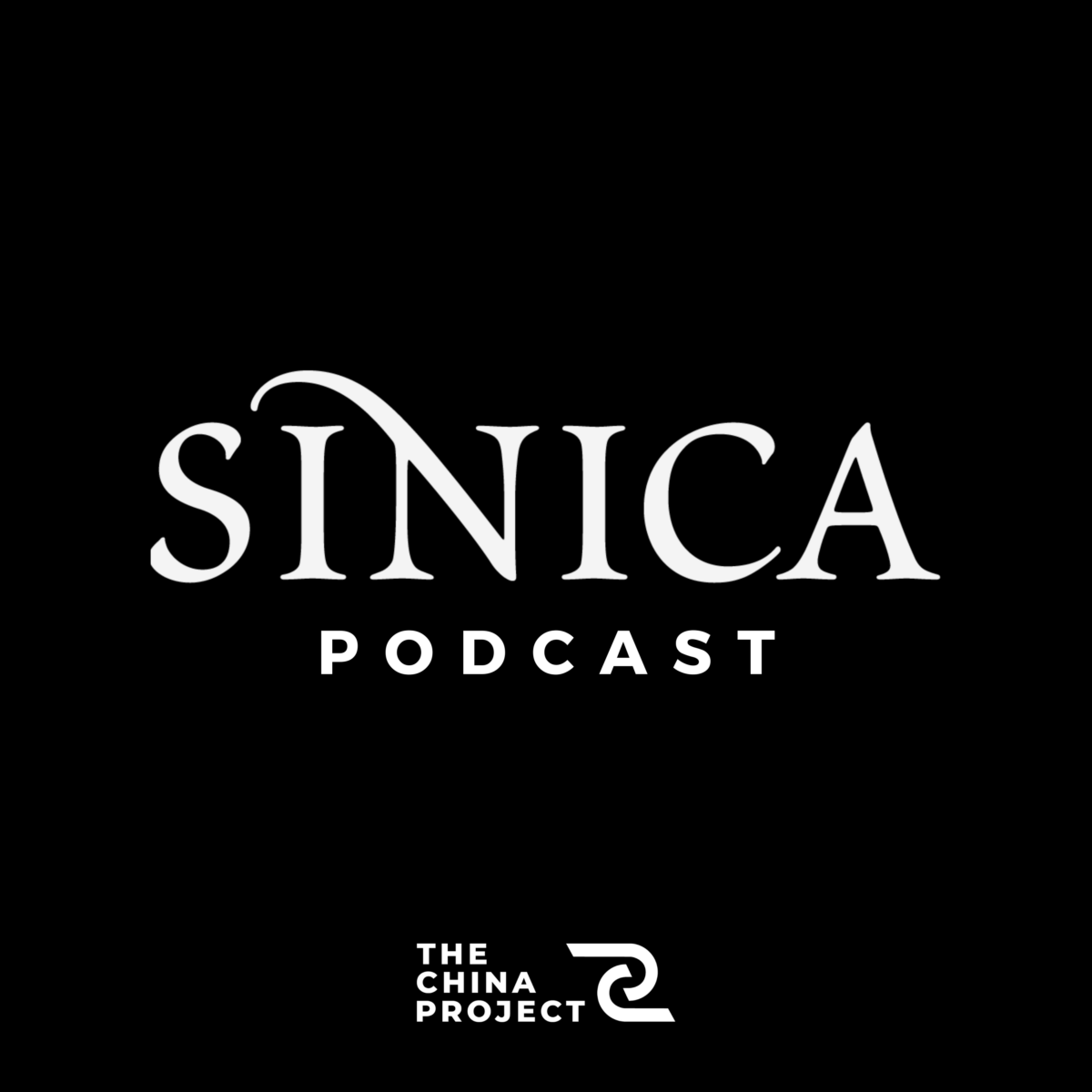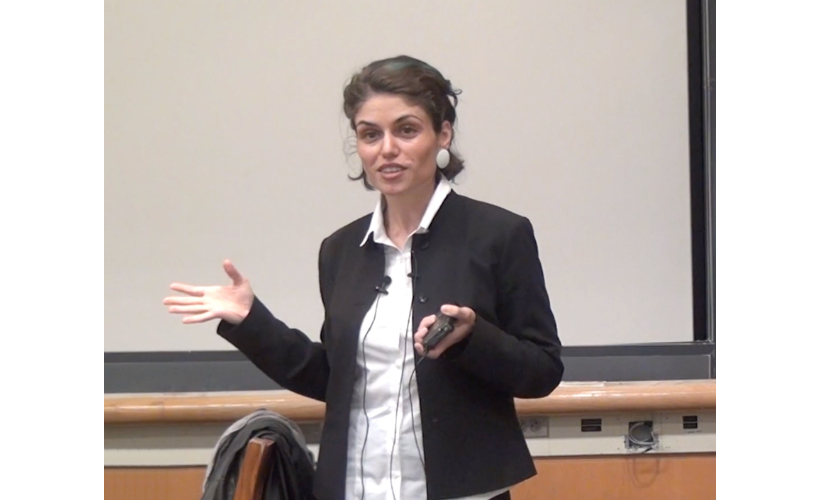Outside observers typically view China’s media as utterly shackled by the bonds of censorship, unable to critique the government or speak truth to power in any meaningful sense. In part, this is true — censorship and other pressures do create “no-go” zones for journalists in China, as well as gray zones that sometimes rapidly turn red.
But Maria Repnikova, a professor at Georgia State University, believes that the critical role of media in China is underappreciated. While allowing that “speaking truth to power” in the sense of a free press in a liberal democracy is obviously not how China works, many investigative journalists and journalist-intellectuals play a surprisingly active role in giving feedback and constructive criticism to the Party-state.
Maria discusses this theory in her new book, Media Politics in China: Improvising Power Under Authoritarianism, for which she interviewed 120 sources — journalists, officials, and experts — to uncover exactly how the improvised “dance” of mutual feedback between the media and the government in China really happens. On Sinica, she discusses both this research and her work on Russia, comparing the management of media in both countries and questioning how we should understand the role of media in authoritarian countries in general.
Recommendations:
Jeremy: The Afrikaners: Biography of a People, by Hermann Giliomee, a fascinating history of the people who migrated to South Africa from the Netherlands, from the time that they arrived and began calling themselves African right to the end of apartheid.
Maria: Losing Pravda: Ethics and The Press in Post-Truth Russia, by Natalia Roudakova, one of the best overviews of the delegitimization of media in Russia, from the Soviet period to the Putin period.
Kaiser: Pop music of the late 1970s. Kick back, go on Spotify, and listen to some Billboard top 100 hits from ’77 to ’79.
.
Introducing The China Project Access, a membership program that gives you exclusive access to The China Project’s digital newsroom, succinct summaries of the week in China, discounts on The China Project events, and more. Sign up here!








